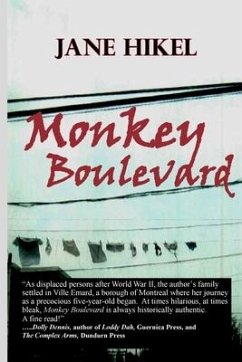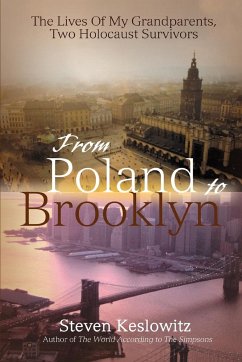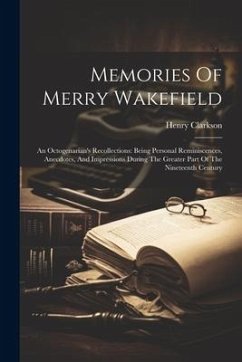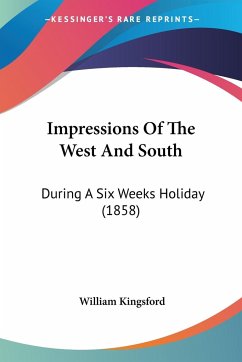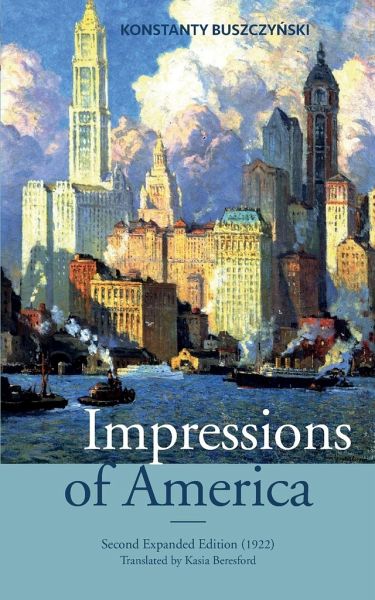
Impressions of America
Versandkostenfrei!
Versandfertig in 1-2 Wochen
21,99 €
inkl. MwSt.

PAYBACK Punkte
11 °P sammeln!
When Konstanty Buszczy¿ski travelled to America in 1910, it was the start of a love affair that would culminate in his appointment as the first Polish Consul of New York. He was delighted by the wide variety of landscapes and people he encountered and recorded everything for the benefit of readers back home in Poland. Whether it is describing his visit to Niagara Falls (where all the staff had left for a funeral) or explaining the National Park system (admirable, but watch out for rattlesnakes), Buszczy¿ski had an opinion on everything. Includes a foreword by Dominic A. Pacyga, Professor Eme...
When Konstanty Buszczy¿ski travelled to America in 1910, it was the start of a love affair that would culminate in his appointment as the first Polish Consul of New York. He was delighted by the wide variety of landscapes and people he encountered and recorded everything for the benefit of readers back home in Poland. Whether it is describing his visit to Niagara Falls (where all the staff had left for a funeral) or explaining the National Park system (admirable, but watch out for rattlesnakes), Buszczy¿ski had an opinion on everything. Includes a foreword by Dominic A. Pacyga, Professor Emeritus at Columbia College Chicago and author of American Warsaw: The Rise Fall, and Rebirth of Polish Chicago. "In lively prose Impressions of America evokes the energy and complexity of the society and culture of the United States in the era of Theodore Roosevelt's presidency. Buszczy¿ski pays little attention to politics but captures the complexity, diversity of the society, economy, and culture, particularly the popular culture. It is a remarkable survey across the continent."- Thomas H. Bender, Professor Emeritus, New York University "When Konstanty Buszczynski returned to Poland after visiting the United States shortly before World War I, he carried a rosy picture of what he had seen and what he believed the United States stood for. Particularly striking was his view of the United States' strong moral traditions, a view that probably needed to be qualified at the time, but that still offered a welcome complement to less complimentary opinions from foreign visitors. This first English translation of the book is particularly welcome for showing what a wide-awake Polish businessman found to be important in his American sojourn." - Mark Noll, Francis A. McAnaney Professor of History Emeritus, University of Notre Dame








